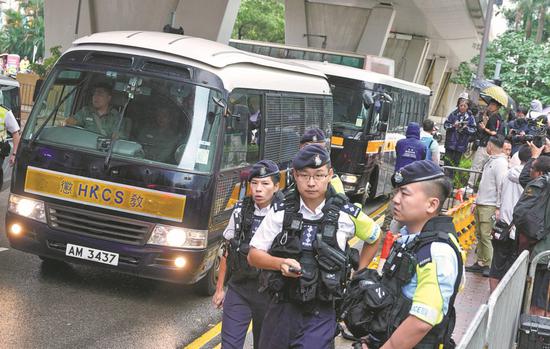
Correctional Services Department vehicles arrive at the West Kowloon Law Courts Building in Hong Kong on Tuesday ahead of the sentencing of 45 people convicted of conspiracy to commit subversion under the National Security Law for their involvement in a so-called "primary election" held in July 2020. (Photo by Adam Lam/China Daily)
Four masterminds and 41 key participants behind a subversive attempt by the opposition camp to paralyze the Hong Kong Special Administrative Region government in 2020 were slapped with court sentences ranging from four to 10 years on Tuesday.
The 45 — including former law scholar Benny Tai Yiu-ting and prominent activist Joshua Wong Chi-fung — were among 47 who were charged with violating Hong Kong's National Security Law for their roles in promoting an illegal poll orchestrated by the opposition camp to win a majority in the Legislative Council election, with the goal of eventually paralyzing the HKSAR government. They were convicted of conspiracy to subvert State power in May, with two people acquitted of the charge.
In its 82-page judgment handed down on Tuesday, the court said Tai "was not only the initiator" of the primary election, but also "an organizer" of it.
Calling Tai "the mastermind "behind the scheme, the judges agreed that he "could be well placed" in the "principal offender "category. Tai was sentenced to 10 years in prison.
Along with Tai, three other defendants — former legislator Au Nok-hin and ex-district councilors Andrew Chiu Ka-yin and Ben Chung Kam-lun — were also deemed by the court to be "principal offenders", worthy of sentences of 12 to 15 years. However, they were given reductions in their sentencing because they pleaded guilty early and assisted the prosecution in the trial, among other mitigating factors.
Au, who later became a prosecution witness, was sentenced to six years and nine months in prison.
Chiu received a seven-year prison term, and Chung was sentenced to six years and one month.
Of the 45 convicted, the court identified 41 as "active participants "and meted out prison terms ranging from 50 months to 93 months.
Among them was Joshua Wong Chi-fung, a prominent activist who was sentenced to 56 months in prison, while former lawmaker Claudia Mo Man-ching received a 50-month sentence. Owen Chow Ka-shing, another leader of the primary election scheme, was sentenced to seven years and nine months in prison. Former reporter of the now-defunct news outlet Stand News, Gwyneth Ho Kwai-lam, received a seven-year sentence.
During a news conference in Beijing, Foreign Ministry spokesperson Lin Jian said that Hong Kong upholds the rule of law, and adherence to laws and holding offenders accountable are foundational principles. He stressed that no individual should be allowed to partake in unlawful acts under the pretext of democracy and then seek to evade legal consequences.
Lin pointed out that the allegations made by certain Western nations regarding the impartial enforcement of the National Security Law by Hong Kong's courts lack merit and amount to a contravention of the rule of law, given that these nations also safeguard their national security through judicial procedures.
Furthermore, he reaffirmed that the central government strongly supports Hong Kong in protecting national security and lawfully prosecuting any actions that pose a threat to national security.
On Tuesday afternoon after the court's sentencing, Hong Kong's Secretary for Security Chris Tang Ping-keung said that the length of the sentences reflects the seriousness of the relevant offenses and demonstrates the government's determination to severely punish crimes that endanger national security. He said the authorities will carefully examine the sentences and judgments of individual defendants and consider whether to file appeals.
The high-profile case, which spanned 16 months, drew long queues of residents and media outside the West Kowloon Law Courts Building on Tung Chau Street, despite the rain on Tuesday morning. Some residents lined up the night before in order to secure a seat in the public gallery.
Police officers and courthouse staff were at the scene to maintain order. The courtroom's public gallery filled up quickly. A total of 400 seats were set aside for the public, with livestreaming made available in overflow rooms.








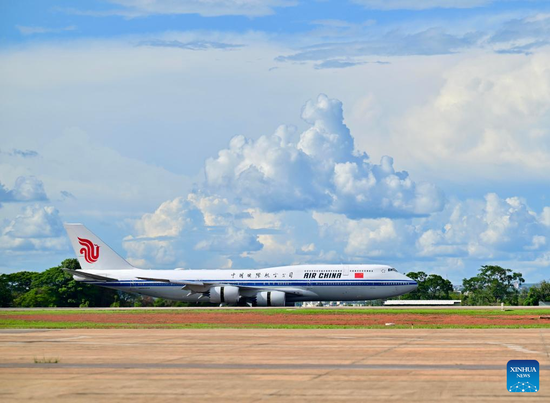




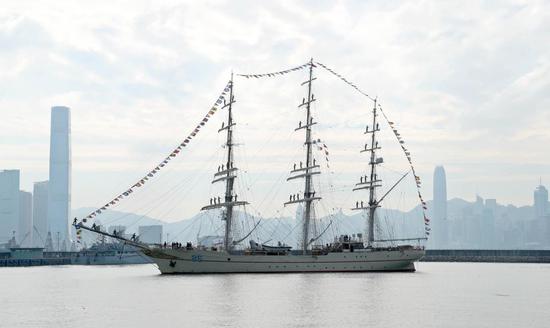
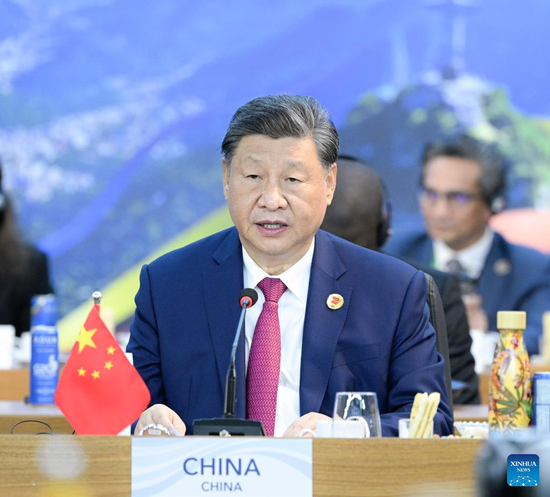
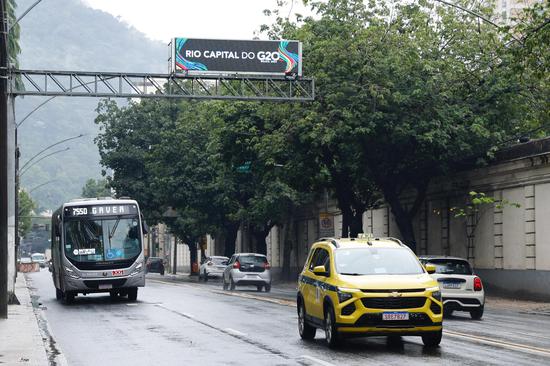


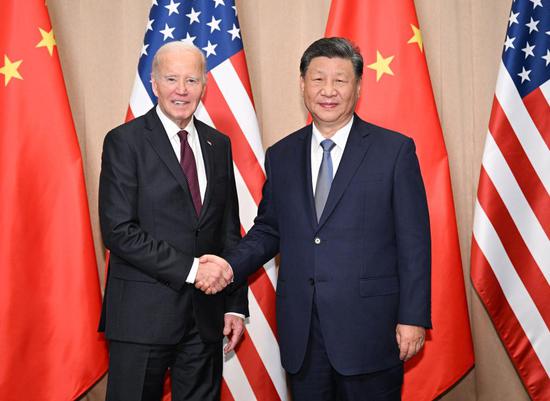



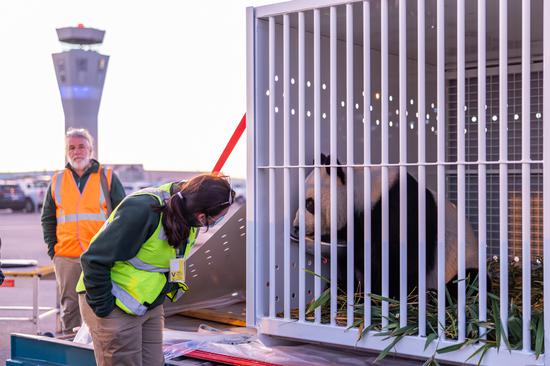


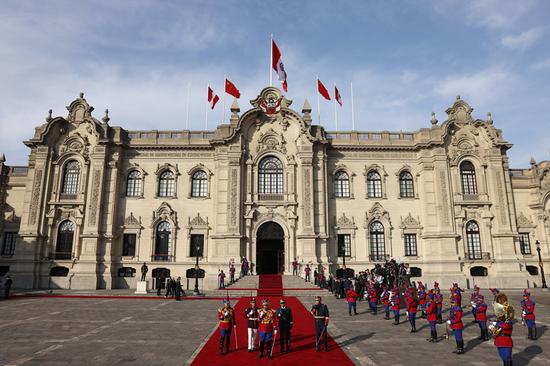



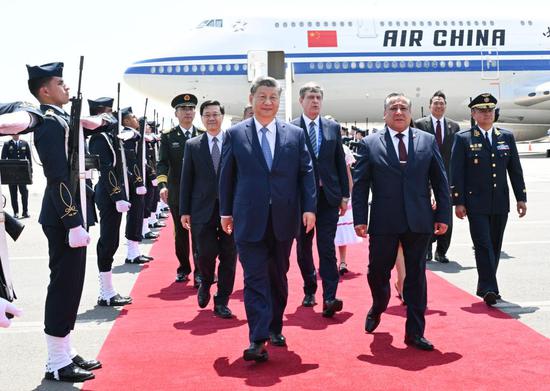
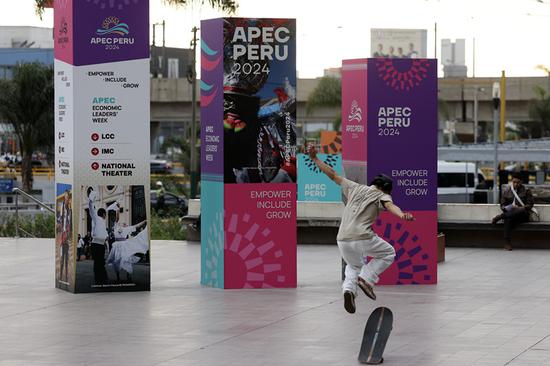




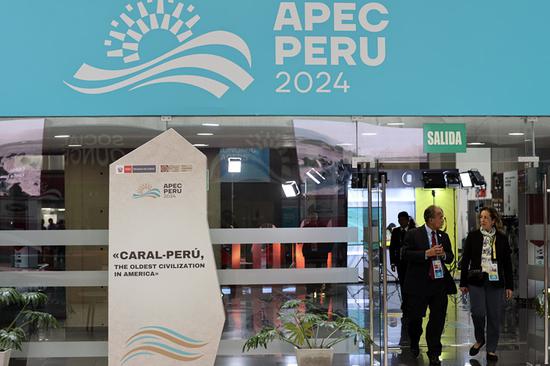
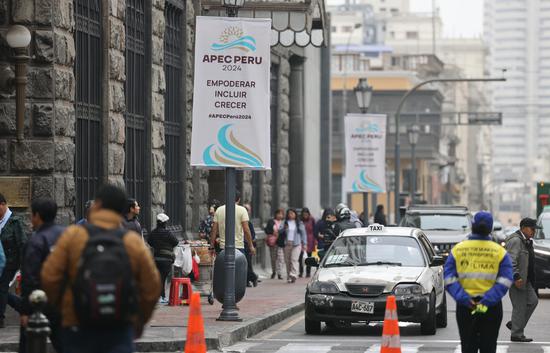


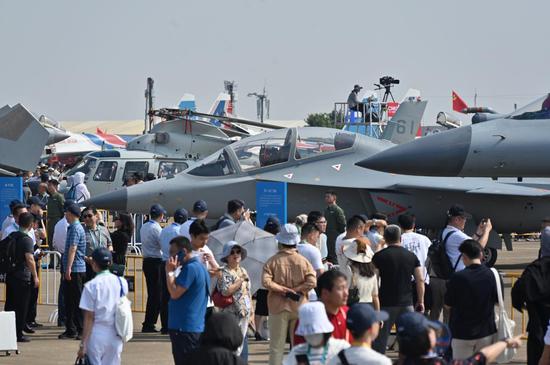
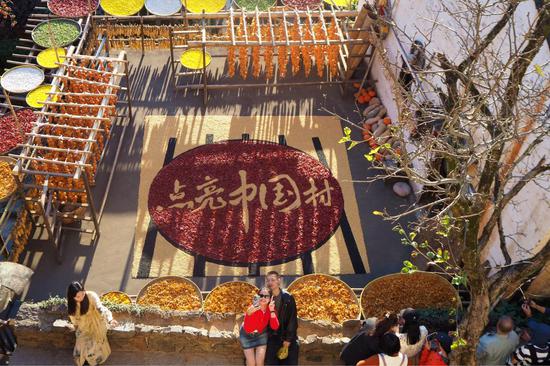





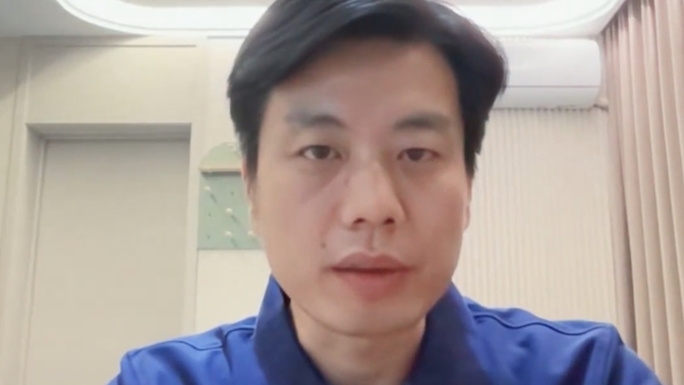



 京公网安备 11010202009201号
京公网安备 11010202009201号